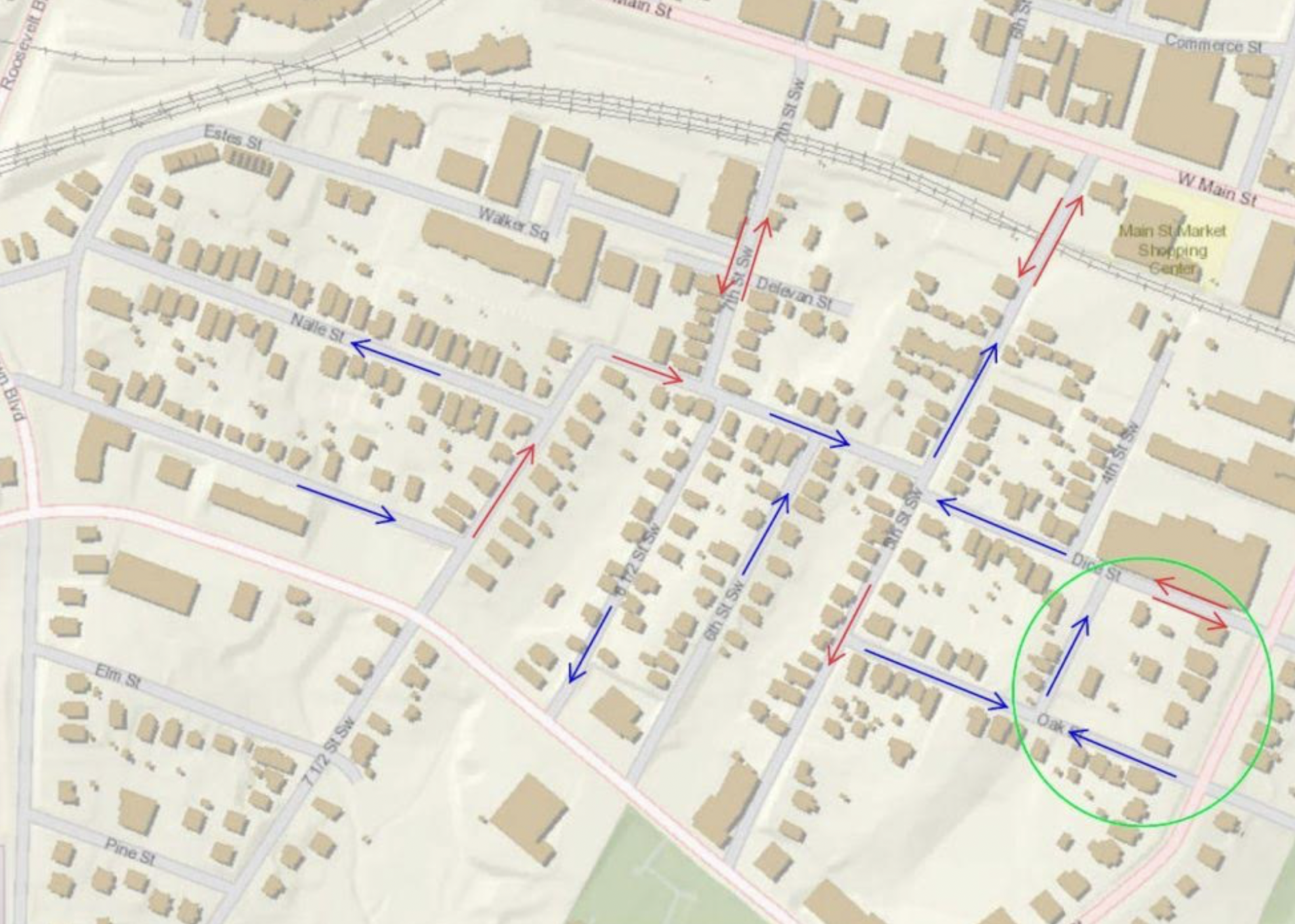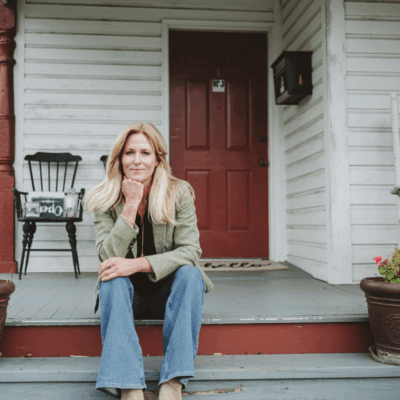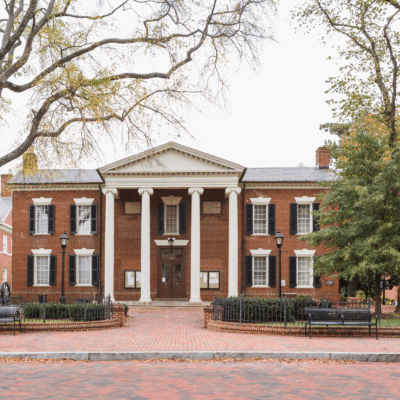Despite increasing availability of off-Grounds housing due to an increase of 45 percent in units the last three years, students sign leases for the next academic year as early as October, because of peer pressure and strict competition from landlords, says UVA sophomore Colin Hood. He’s concerned that it penalizes freshmen who may not be well equipped to make that decision yet.
Acting as a Student Council rep, Hood asked City Council on October 6 to support an ordinance that would give students some breathing room between the time their leases begin and the time when they have to finalize housing plans for the next academic year.
UVA students were inspired by actions in other college towns. The city council in Ann Arbor, home to the University of Michigan, passed an ordinance that prohibits landlords from showing a property and entering a lease agreement until 70 days after a lease begins. Madison, Wisconsin, is considering a similar ordinance.
|
"It’s a culture of misunderstanding," says Colin Hood, a Student Council representative. "Landlords are not the opponents here." |
However, according to city Attorney Craig Brown, Charlottesville’s City Council does not have the power to grant an amendment to the city code without the authorization of the General Assembly, which reconvenes in January. Hood, a politics major, says students are not afraid of the legal steps and are willing to do anything necessary to have the amendment granted.
“I expected to have to go to the General Assembly, but we can do it,” he says. “It’s something that affects all of us.”
Such an ordinance would burden a landlord—who may or may not be to blame.
Vicki Hawes, University off-Ground Housing manager, says students are pressured from all sides. “It’s a chicken and egg thing,” she says, but she acknowledges that “the system is out of whack.” Students, she says, are attracted and interested in units close to campus, like Wertland Avenue and 14th Street. In prime real estate areas like this one, students are pressured by landlords for a quick decision, says Hawes, because there are always other students ready to take that unit.
Naturally, landlords don’t see themselves as the culprits. “[Landlords] are the teachers,” says Wade Tremblay, general manager of Wade Apartments. “Let’s be sure that we have educated consumers.” He says that many of these students are “young kids,” many of whom are signing a housing contract for the first time. Unlike other universities, “here parents don’t have to co-sign leases,” says Tremblay, attributing the autonomy to the caliber of the student body.
In his experience, Tremblay says, it is the students who want to rent apartments early. “This immediacy is self-imposed,” he says.
Hood stresses that he doesn’t see landlords as solely to blame. Student Council is launching a “Don’t Sign It” campaign that would eventually call on students to voluntarily chill out on September signings. For two years, the campaign will educate underclassmen about housing options. In the third year, Student Council will ask students not to sign leases until after October.
“It’s a culture of misunderstanding,” Hood says. “Landlords are not the opponents here.”
C-VILLE welcomes news tips from readers. Send them to news@c-ville.com.





